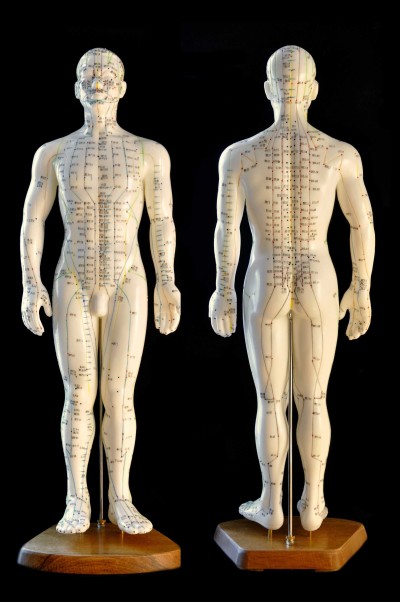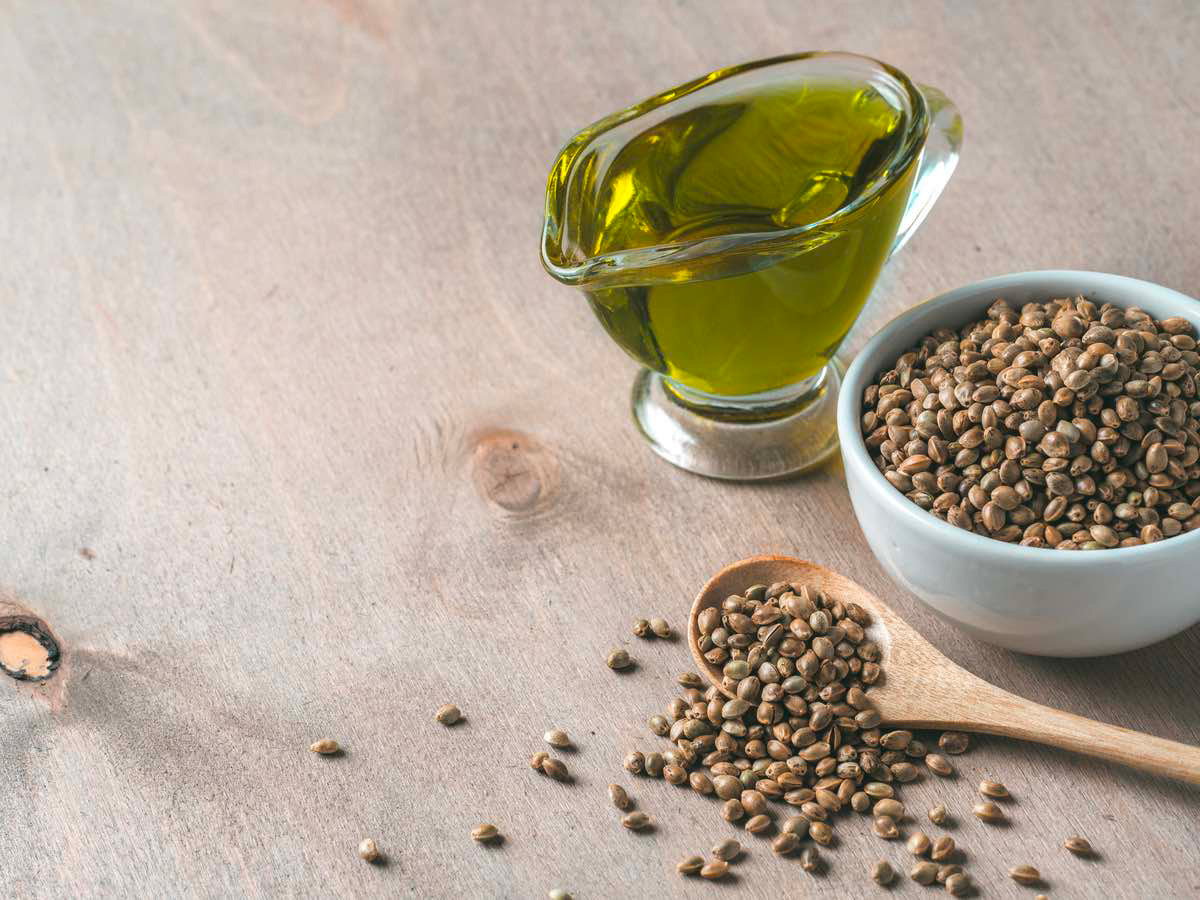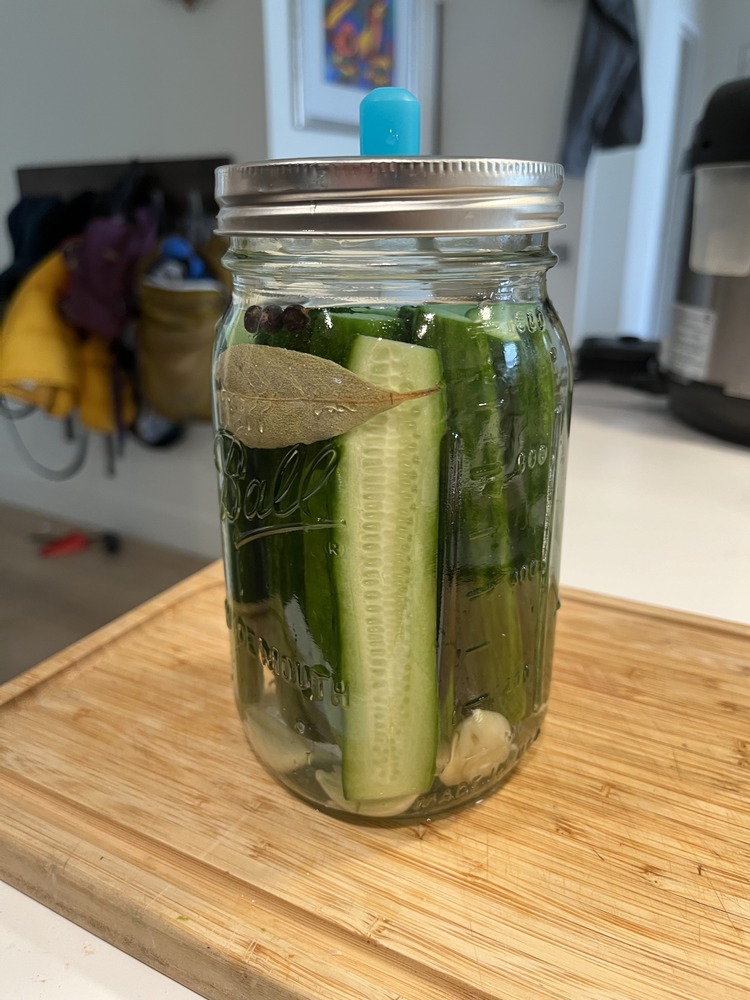
The idea of qi has both mystical and practical aspects. In Chinese philosophy, qi (pronounced “chee,” and is sometimes spelled “chi.”) is an energy that is in all things in the universe and comprises the building blocks of the universe. Trees, rocks, and mountains all have a specific type of qi. It is the universal energy present in all of nature.
In Chinese medicine qi is the body’s energy is a very practical concept. Qi is the energy we use to keep us healthy. It allows us to work, grow, exercise, and reproduce. Imbalances in the qi can lead to many health issues.
Qi circulates through channels in the body. In Chinese medicine, it is said “When the qi flows there is no pain, when qi stops, there is pain and illness.” Poor diet, overwork, and stress or a person’s constitution can affect the amount and flow of qi. Chinese medicine and acupuncture focus on correcting these imbalances.
Imbalances of Qi
The main imbalances of Qi are Qi vacuity, or too little Qi or the Qi circulation in the channels can be impaired. This is called qi stagnation.
Those with too little qi may experience the symptoms of frequent colds, fatigue, shortness of breath, coughing, soft voice, poor digestion, a weak pulse, and pale tongue. This is also true often for people with chronic respiratory infections or autoimmune conditions, such as asthma, eczema, chronic bronchitis, or sinusitis and chronic sinus headaches.
Qi stagnation, when the qi is not circulating well, can also cause frequent colds and makes it difficult to fight them off. Those with qi stagnation will often get a cold after a stressful or emotional situation. They also may be prone to headaches, irregular bowel movements, ribside pain, and painful menstrual cramps.
Exercise your Qi with Qi Gong
Exercises for your qi are called Qi gong. This is translated to “qi work” in English. They are slow moving exercises and self massage techniques which will make you feel more energetic, improve your immune system and your mood, and can help treat many disease like chronic pain, migraine headaches, sinus headaches, asthma, allergies, and improve you immunity (just to name a few).
In this exercise we collect the qi in your hands. It is very easy way to begin your practice of qi gong.
1. Sit in a chair with your back straight. Take a few deep diaphragmatic breaths.
2. Hold your hands below your belly button and imagine that you are holding a ball of energy in them. This area below the belly button is called the dan tian, and is the center and major storehouse of the body’s energy.
3. As you are imagining the qi ball in your hands, they will begin to feel warm and tingly. This is good, and a sign that you are collecting the qi.
4. Imagine that you are playing with this qi ball. Gently rotate the ball with your mind, and feel it in your hands. With your mind, move the back and forth from your right to left hand and also, feel the stretch of the qi between your hands.
5. Breathe relaxed feeling the qi in your hands for about 5 minutes.
6. When you are finished you hands should be warm. Rub them together and then rub your belly and dan tian area to store the qi.
This is a powerful first exercise and I’m sure you’ll want to learn more to improve you health and energy.



